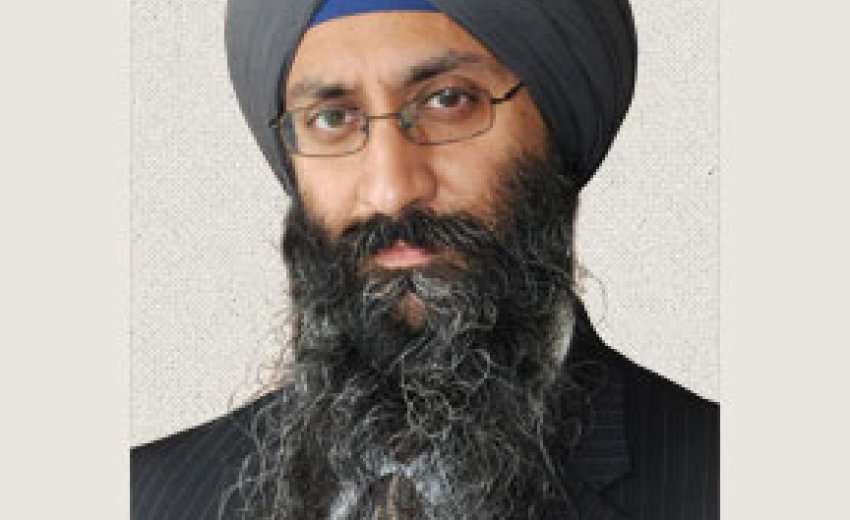 |
| Suneet Singh Tuli, CEO of DataWind, helped unveil the Aakash-2 tablet computer in November 2012 at United Nations headquarters in New York. When Tuli was a St. Albert high school student he filed a human rights complaint against the school board for forbidding him to wear a kirpan as required of a baptized Sikh. Photograph: www.forbes.com |
In 1986, Tuli was a St. Albert student who filed a complaint with the Alberta Human Rights Commission after being forbidden to wear his ceremonial Sikh dagger at school. Tuli, then a 17-year-old Grade 12 student at Paul Kane High School, was told the 25-centimetre kirpan put the safety of students at risk because it could be used as a weapon to inflict serious injury.
He responded by suing the St. Albert Protestant Separate School District (now St. Albert Publis Schools) alleging its policy against wearing a kirpan to school violated his human rights.
In April 1985, Court of Queen’s Bench Justice A. H. Wachowich granted Tuli a temporary order restraining the district from taking action against him — he had been threatened with expulsion — until the lawsuit was settled. At that hearing, the student’s lawyer, Barrie Chivers, argued the unsharpened dagger was a symbolic accoutrement of Sikhs that represented justice, truth and peace would never be unsheathed in public. He added that a kirpan was mandatory for a baptized Sikh to wear.
Lawyer Judith Anderson, representing the school board, said the policy against all weapons was meant to protect students. She said the school board offered to enrol Tuli in correspondence courses and provided tutors for the three subjects he was studying to earn his high school diploma. She suggested another alternative was for Tuli to delay his baptism for two months until graduation.
The judge ruled that allowing the student to wear the sword would give other students an opportunity to understand the tradition and heritage of the Sikh religion. “In my opinion it’s a positive educational tool that would far outweigh the potential danger, so long as it’s recognized as a privilege and not a right.”
Wachowich granted the injunction on condition the kirpan was tied down, couldn’t be removed from a sheath worn at the waist, and the tip was blunted.
By the time Tuli’s human rights complaint was heard, he was 18, and a second-year civil-engineering student at the University of Alberta. He told the hearing that students were curious about the kirpan when he wore it to school after winning the injunction, but no one objected to it.
© Copyright (c) The Edmonton Journal
